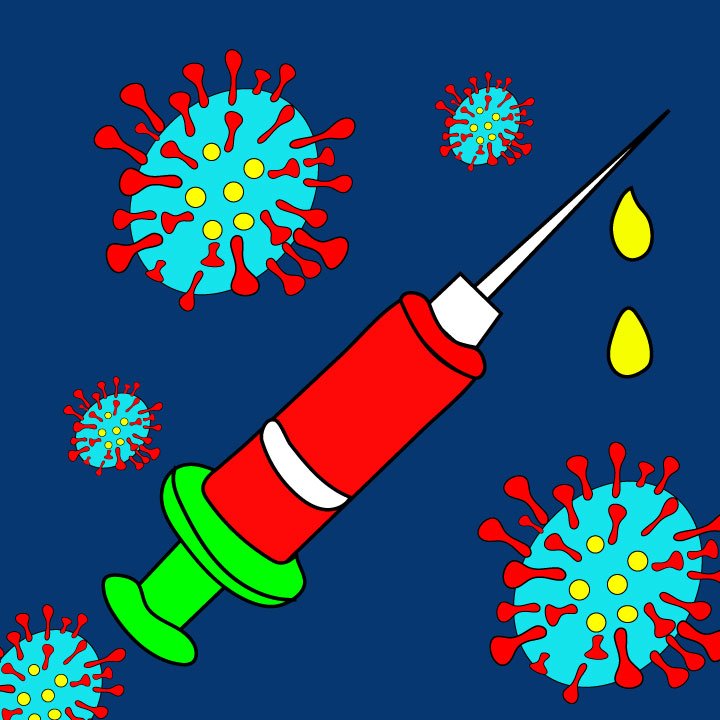Based on a trial from the University of Virginia School of Medicine, the antidepressant fluvoxamine appears to prevent COVID-19 infections from worsening, even keeping patients out of the hospital.
The clinical trial was conducted by the Washington University School of Medicine in St. Louis. Fluvoxamine was compared with a placebo in 152 adult patients who were infected with the coronavirus.
80 participants received the fluvoxamine, and not one of the 80 became seriously ill after 15 days. Six patients receiving the placebo became seriously ill with four being hospitalized for between four and 21 days. One of the four in the hospital was on a ventilator for 10 days.
Though the sample size was relatively small, the data is believed to be statistically significant. The plan is to launch a larger trial in coming weeks.
Eric J. Lenze, MD, of the Washington University School of Medicine, said patients who took fluvoxamine did not require hospitalization because of issues in lung function.
“Most investigational treatments for COVID-19 have been aimed at the very sickest patients, but it’s also important to find therapies that prevent patients from getting sick enough to require supplemental oxygen or to have to go to the hospital,” Lenze said. “Our study suggests fluvoxamine may help fill that niche.”
UVA’s Alban Gaultier, PhD, and former graduate student Dorian A. Rosen, PhD, found in 2019 that fluvoxamine may stop sepsis, a deadly inflammation causing the immune system to spiral out of control. The findings of Gaultier and Rosen inspired the tests at the Washington University School of Medicine.
Gaultier and Rosen determined that fluvoxamine reduces the production of cytokines, which have been linked to deadly cytokine storms, which are thought to occur in severe cases of COVID-19
“Because elevated cytokines levels have been associated with COVID-19 severity, testing fluvoxamine in a clinical trial made a lot of sense to us,” said Gaultier. “We are still unclear about the mode of action of fluvoxamine against SARS-CoV-2, but research is under way to find the answer.”
Washington University’s Angela M. Reiersen, MD, said the drug works by interacting with the sigma-1 receptor to reduce the production of inflammatory molecules.
“Past research has demonstrated that fluvoxamine can reduce inflammation in animal models of sepsis, and it may be doing something similar in our patients,” Reiersen said.
The limitations of the research were emphasized. The small sample size was noted along with the fact that 20% of participants stopped answering surveys during the trial. Though the researchers could rule out hospital visits for those who stopped answering, they did believe it possible that the participants sought treatment elsewhere.
Because of the limitations, the findings should be considered encouraging and worthy of further research rather than iron clad truth.
Gaultier said, “If a larger clinical trial (phase III) confirms the results, fluvoxamine would be a perfect treatment for COVID patients newly diagnosed. Fluvoxamine is not an experimental drug, it is cheap and safe and could be available as a first line of defense to unburden the hospitals that are overwhelmed by the COVID health crisis.”
For more medical research news from UVA, you can click right here.






